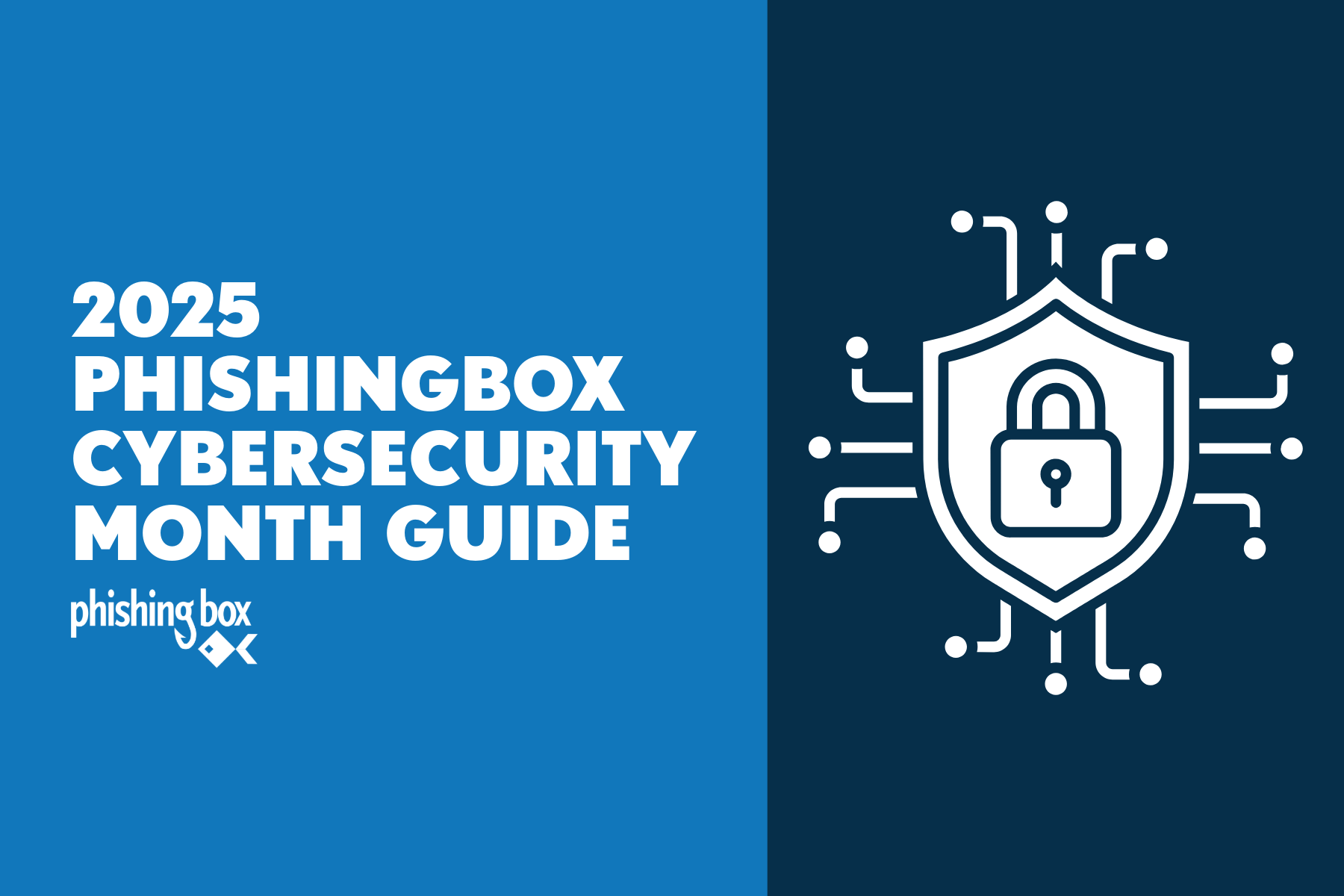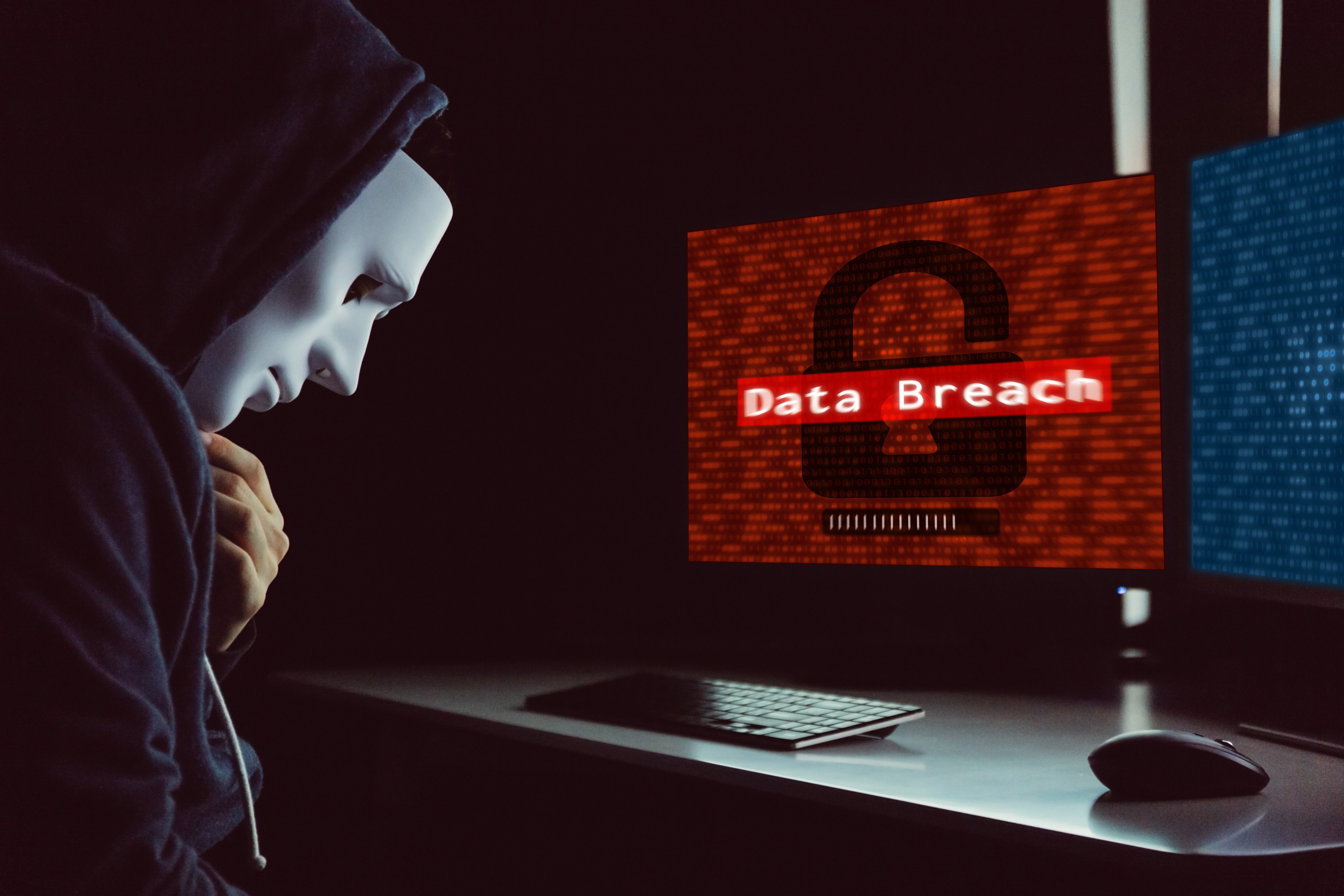"More than 100 million credit card applicants had their personal information compromised in the Capital One hack announced Monday, illustrating once again just how vulnerable consumer data can be even for the most security-minded organizations.
The hack, one of the largest ever against a financial services firm, comes just days after the credit-reporting company Equifax reached a $700 million settlement with U.S. regulators over the high-profile 2017 cyberattack that exposed the data of 147 million people.
FBI agents arrested a Seattle software engineer, Paige A. Thompson, on accusations of computer fraud. The bank says the hack exposed 140,000 Social Security numbers and 80,000 bank account numbers, as well as credit scores, balances, and personal information such as addresses, birthdays and contact information. Roughly 6 million Canadian customers also were affected, Capital One said."
Training Moments
Be on the lookout for phishing attempts.
Do not perform the action requested.
Verify the legitimacy of the message before responding.
Do not download or open any attachments.
Do not use links in an unverified email. Go to directly to the source.
Do not ignore any warnings from your computer. Contact your security or IT staff.
Report any suspicious email or computer behavior to your security or IT personnel.
Be on the lookout for the warning signs:
Spoofed Sender Name and Domain , Date, Enticing/Aggressive Subject, Attachments, Impersonalized Messages, Grammatical Errors, Enticing/Aggressive Tone, Spoofed Links, Brand Imitation.


